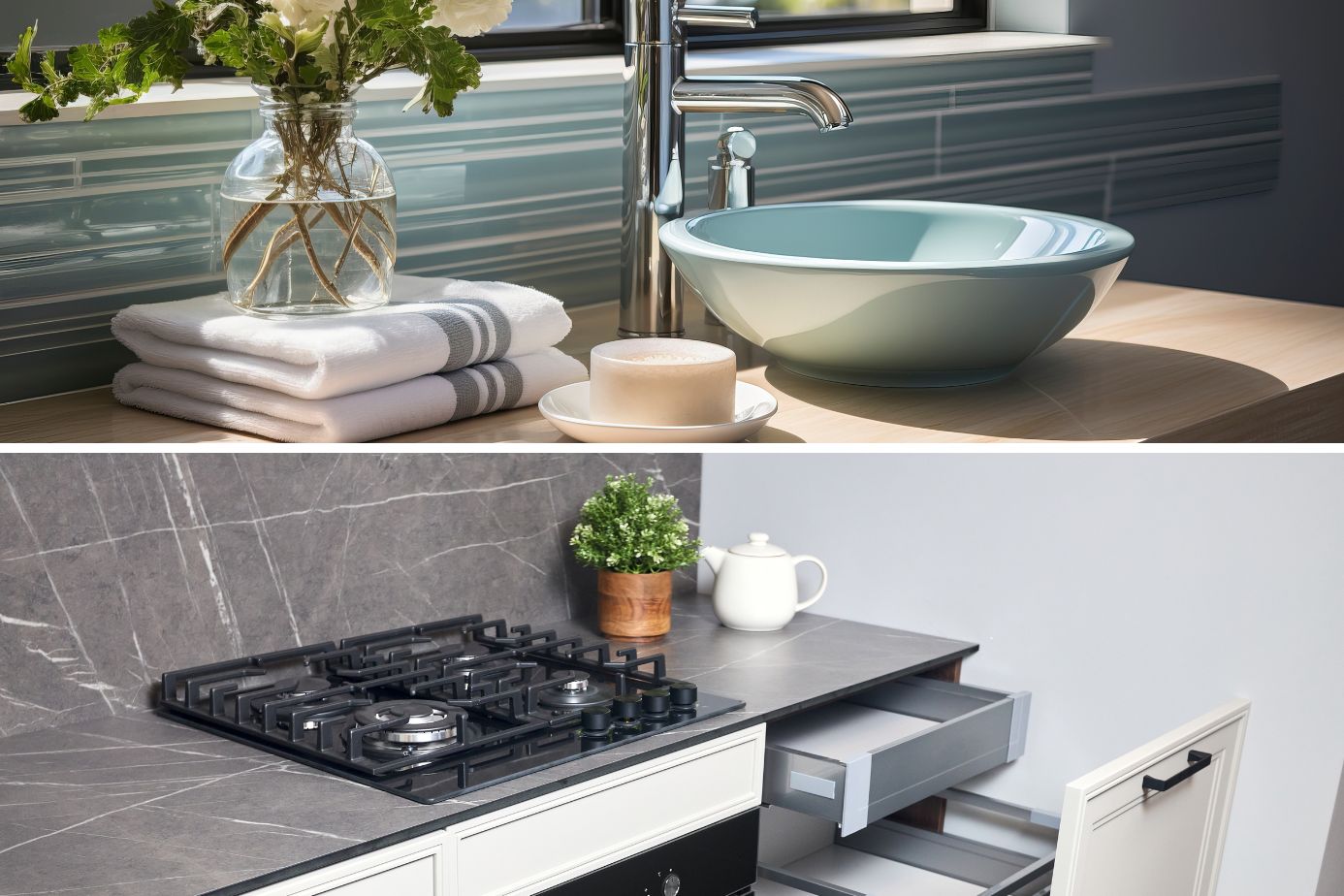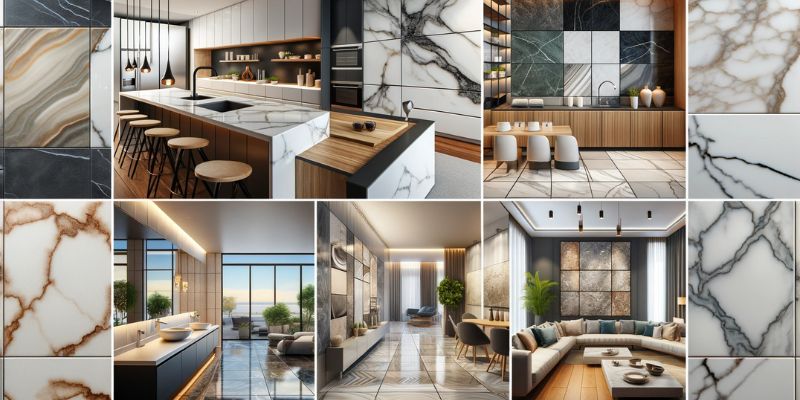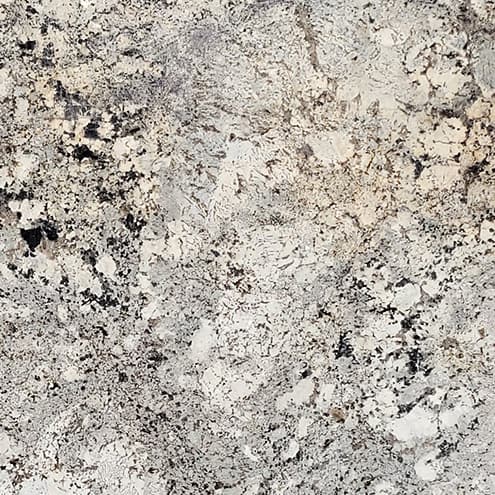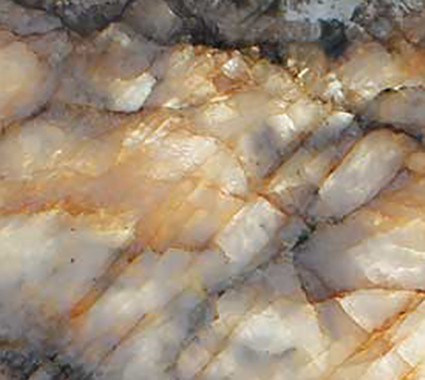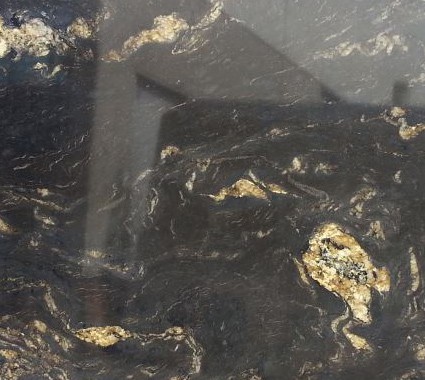What Is a Porcelain Slabs?
A porcelain slabs is a man-made, low-maintenance surface designed to replicate the look and feel of a natural stone slab. With its slimmer profile, reduced weight, and cost-effectiveness compared to natural stone, porcelain slabs offer flexibility for a multitude of uses such as countertops, vanities, shower walls, bathtub enclosures, fireplaces, flooring, and beyond.
Popular Home Applications for Porcelain Slabs
Porcelain slabs are a versatile material that can be used in a variety of applications due to their durability, resistance to heat, stains, scratches, and chemicals, and their aesthetic appeal. Here are some of the main areas where porcelain slabs can be used:
Flooring: These slabs are a popular choice for flooring home spaces due to their durability and resistance to heavy foot traffic. They are also suitable for high-traffic areas like walkways and entryways.
Countertops: Porcelain slabs are often used for kitchen countertops, vanities, and outdoor kitchens because they are stronger than natural stone, resistant to chipping and cracking, and can mimic the look of quartz or marble.
Wall Tiles: They are a stylish choice for wall tiles in any room. Their large size offers a seamless and sophisticated look, ideal for creating elegant backsplashes, feature walls in living rooms, or artistic installations in entryways. Their ease of cleaning and resistance to moisture and stains make them a practical option for high-use areas.
Shower Walls: In bathrooms, these slabs create a luxurious and functional shower space. Their minimal grout lines reduce cleaning effort and their resistance to moisture and bacteria ensures a hygienic environment. With a variety of designs, they can mimic natural stone or offer modern, sleek finishes.
Outdoor Entertainment Areas: For outdoor entertainment spaces, these slabs provide a durable and visually appealing option. They withstand outdoor elements and maintain their color and integrity over time. Ideal for patios, outdoor kitchens, or pool areas, they bring elegance to any outdoor setting. However, it’s important to note that while they are weatherproof, they are not freeze-proof.
Fireplaces: These Slabs are an excellent choice for fireplace surrounds. Their heat resistance ensures safety and durability, and their variety in design can complement any room’s aesthetic, from traditional to contemporary.
Popular Questions about Porcelain Slabs
How Durable Are Porcelain Slabs?
Porcelain slabs used for countertops are known for their durability and resistance to various forms of damage, including chips, heat, stains, and scratches.
Here’s a detailed look at each of these aspects:
Chip Resistance
These slabs are less likely to chip compared to materials like marble or granite due to their dense and strong composition, which is achieved through a high-temperature firing process. However, they are not completely immune to chipping. Extreme force or impact, such as dropping a heavy object on the slab or hitting it with a hard object, can still cause damage. Proper installation and handling are crucial to minimize the risk of chipping.
Heat Resistance
High-quality porcelain countertops can resist very high temperatures, typically ranging from 1,200° F to 2,000° F. This resistance is due to the fact that porcelain is fabricated at high temperatures, often over 2,000° F, which makes it capable of withstanding the heat from hot pans and pots without smoking, burning, or emitting harmful substances.
Stain Resistance
Porcelain countertops are far less likely to stain than other materials because they are non-porous, which means they do not absorb liquids that could cause staining. This non-porous nature also makes porcelain countertops easy to maintain and clean, as they do not require sealing to prevent stains.
Scratch Resistance
Porcelain’s tough structure makes it resistant to scratches, and it is often described as being stronger than granite. You can typically slice and dice food directly on a porcelain countertop without worrying about damaging the surface, although using a cutting board is suggested to prolong the life of the countertop.
Despite these resistances, porcelain countertops are not indestructible. They can still be vulnerable to damage from blunt force, and chips may be difficult to repair, often requiring the replacement of the entire countertop for a flawless appearance. Additionally, while scratches and cracks are rare, major damage to a porcelain countertop can be impossible to repair. It’s also worth noting that the pattern on porcelain countertops is only on the surface, so any chips will show the color beneath, and repairs will be visible.
How Do I Clean Porcelain Slabs?
Regular, basic cleaning with warm water and mild soap is sufficient to keep porcelain looking good. Avoid using cleaning products that contain acids or ammonia as these can damage the glossy surfaces of the tile. Avoid abrasive soap and rags.
Can You Use Porcelain Slabs for DIY Projects?
Yes, you can use porcelain slabs for DIY projects like shower surrounds, wall tile, and countertops. People favor them for their durability, low maintenance, and aesthetic versatility. Often, they resemble natural stone or marble but come at a more cost-effective price point.When installing porcelain slabs as wall tiles, their thinness and light weight simplify the cutting and drilling process. This can save time and money by avoiding demolition.
For countertop installations, people highly regard porcelain slabs for their strength, longevity (often lasting over 20 years), heat resistance, and because they do not require sealing. They are even suitable for outdoor projects, adding to their versatility. However, it’s important to note that DIY installation of porcelain countertops is more intricate and involves specialized instructions, tools, and materials. The slabs can be difficult to cut, requiring special tools and considerable skill to achieve clean, chip-free seams. Additionally, the large slab size, while reducing the number of cuts and seams, can also be a disadvantage if not handled correctly, as the slabs can crack or break.
Professional installation is often recommended due to the need for careful handling to prevent issues such as cracking. Specialized tile panel tools are necessary for proper cutting, moving, and installation of gauged porcelain panels and large format tiles. Moreover, an LFT (Large Format Tile) thin set is required for the installation of fabricated countertops to ensure proper adherence.
In summary, you can use porcelain slabs for DIY projects, but installing countertops is a complex process. It requires specialized knowledge, tools, and materials. If you lack experience in such installations, hiring a professional would be wise to ensure a successful outcome.
What Are the Aesthetic Features of Porcelain Slabs?
Porcelain slabs can mimic expensive minerals like marble and quartz. They can be used as a great alternative for various applications, including kitchen and bathroom walls, floors, cladding, fireplaces, patios, vanity tops, and more.
What Are the Benefits of Using Porcelain Slabs for Shower Walls?
Porcelain slabs offer a versatile canvas for shower design. They are easy to clean, require minimal maintenance, and are available in a wide range of colors and textures. They also offer several advantages, including minimal grout lines for easier cleaning and maintenance, high resistance to moisture, and a wide range of design options.
What Are the Cons of Using Porcelain Slabs?
The main cons of using porcelain slabs are related to the installation process. It can be difficult unless you have experience laying tile. Also, porcelain slabs can chip, so care must be taken during installation and use.
Can Porcelain Slabs Be Installed Over Existing Countertop Material?
Using porcelain slabs, you do not need to rip off the existing material of your kitchen countertop. You can just readily install it on top or overlap it with the existing countertop material.
Are Porcelain Slabs a Good Choice For Countertops?
Yes, these slabs are a popular choice for countertops due to their durability, resistance.
Porcelain slabs provide a blend of durability, versatility, and beauty for various home applications. While their installation requires expertise, the outcome is a long-lasting and elegant addition to any home. It’s crucial to work with experienced professionals for installation, especially for precise applications like stairways and intricate wall designs.
Porcelain Slabs in San Diego and San Marcos
For those in San Diego County, Brazilian Exotic Granite stands out as the premier source for Porcelain countertops and slabs. Explore our extensive selection at our slab superstores in San Marcos and San Diego. For personalized service, including a free consultation and estimate, contact us at (760) 621-8456 or (858) 348-4272.


